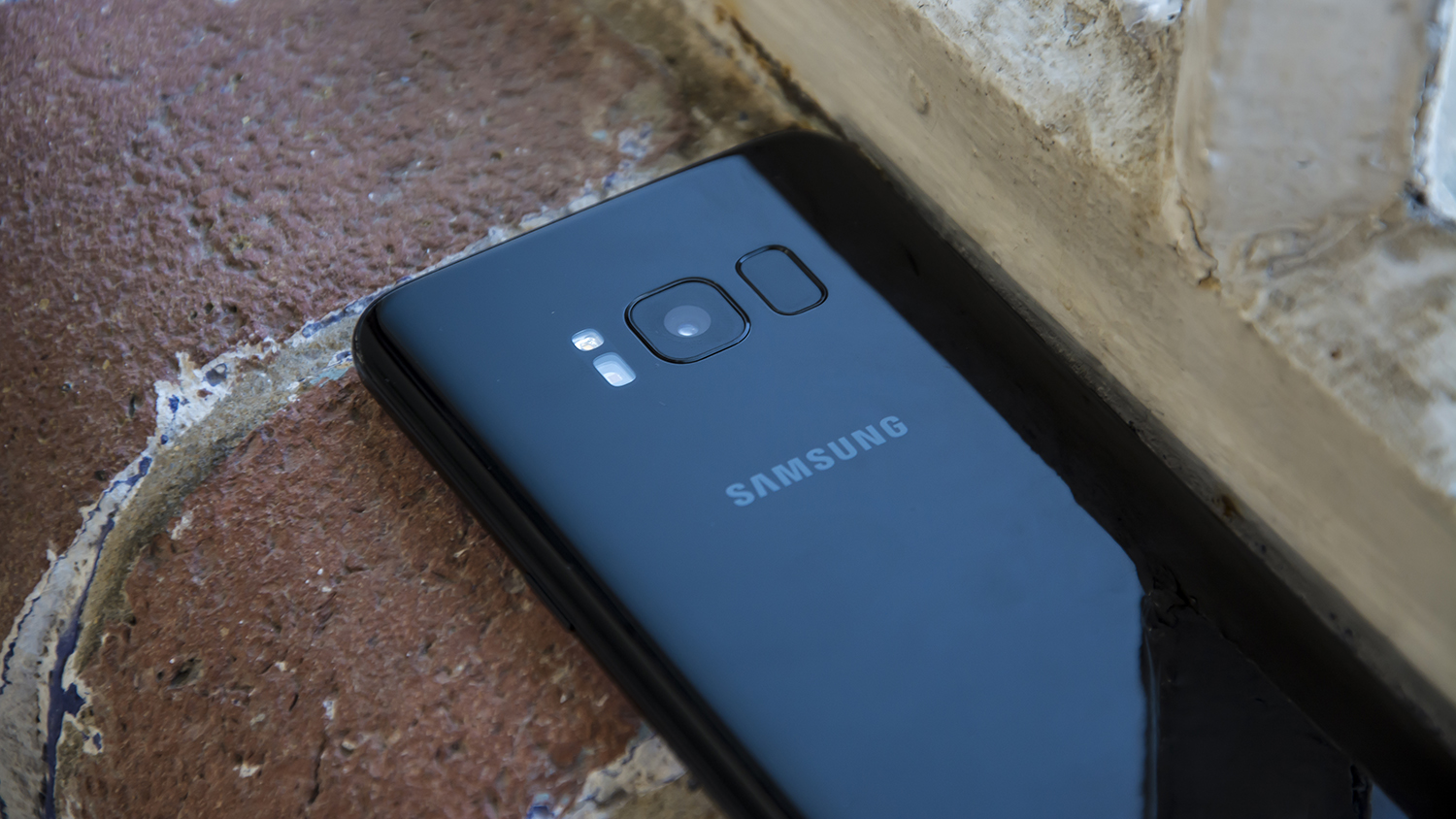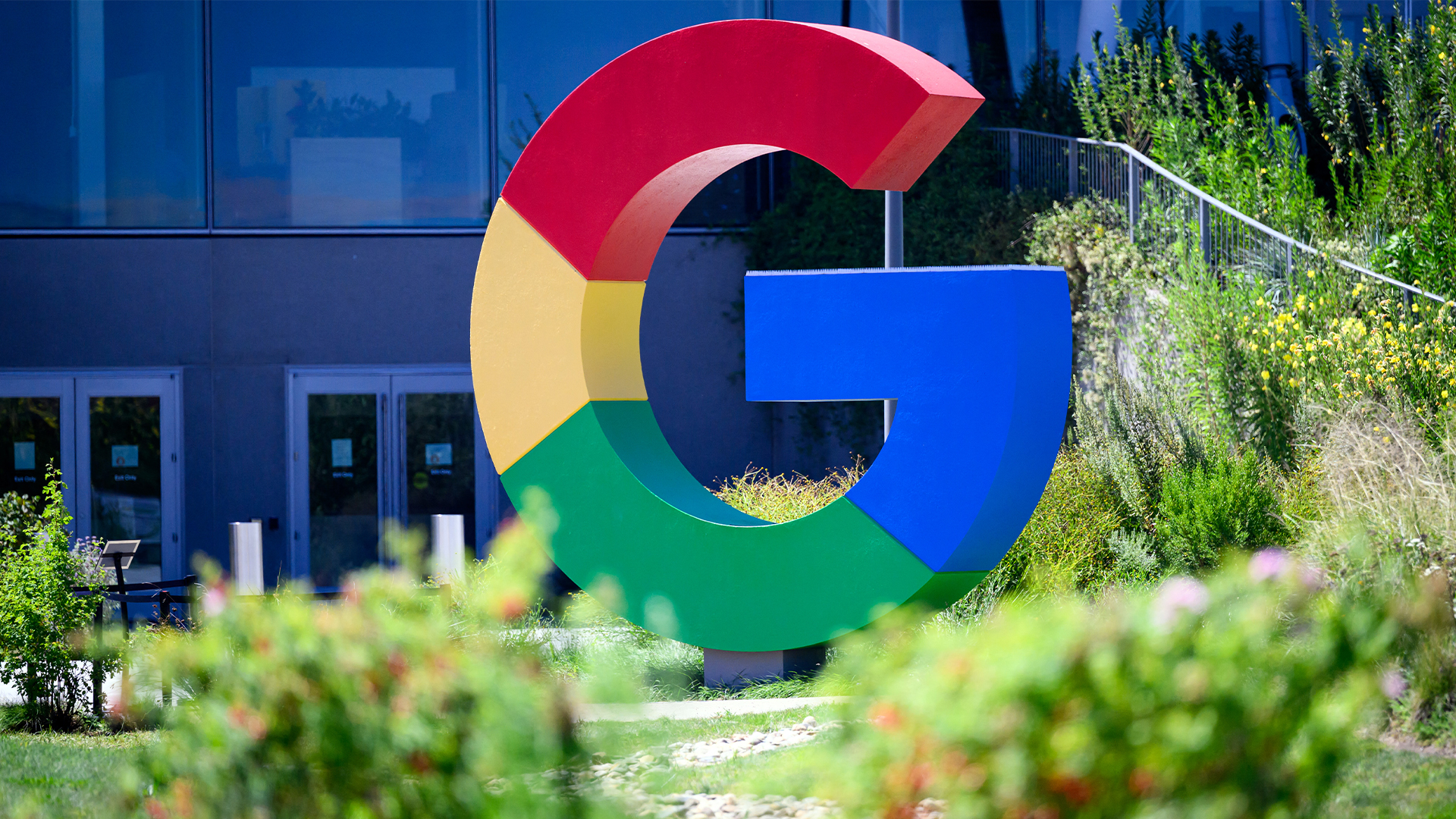Samsung Galaxy S8 review: A better option than the S9?
Despite its age, Samsung's S8 is still up there with the best of them
The Samsung Galaxy S8's appeal hasn't dimmed with age. It's still one of the most attractive and powerful phones out there, and even manages to match its successor in most categories. It's available for around £200 less too, making the Galaxy S8 a better-value option than the S9.
-
+
Spectacular display; Excellent camera; Stunning design; Killer speed
-
-
Expensive; Battery life isn't quite as impressive as predecessor
Samsung Galaxy S8 review: Bixby
Arriving on the S8 to rival the Google Assistant is Samsung's own AI helper, Bixby. It's now on version 2.0, with a bigger focus on controlling the smart elements of your home such as smart TVs, your fridge, lighting and speakers. Samsung has made vast improvements to the voice engine's natural language processing engine too, making it more accurate to understand commands. The company also wants to open up the Bixby 2.0's API up to developers, so it's likely we'll see quite a few third party apps and devices to control arriving with Bixby functionality in the future.
Although this newest iteration of Bixby comes with a focus on the smart home, it can still be used to carry out the usual tasks of managing your calendar, launching your favourite apps, and searching your device for files.
Galaxy S8 and S8+ users can press the dedicated Bixby button on their device to awake the voice assistant. Alternatively, you can say "Hi, Bixby" to launch it. Bixby can act on a range of commands, such as asking it to send a recently taken picture to a contact. You can also get it to do something - like adjust your screen timeout or toggle notifications - without having to exit whatever you're doing on your phone.
While it's an interesting and useful feature, we're not really sure it adds much that the Google Assistant can't do. Launching it via the dedicated hardware button may be marginally more convenient, but Google's AI helper is a more well-rounded and versatile implementation that Samsung's.
Samsung Galaxy S8: Camera
The Galaxy S8's camera is excellent. It effectively uses the same lens as the S7 (which was already fantastic) but with a host of software-based enhancements like multi-frame image processing to give it an extra edge. The most impressive of these is the selective focus feature, which allows you to flick between different depth-of-field settings on the fly.
Watching this in action is amazing - each image takes a couple of seconds to capture, but once it does, you can switch the focus between foreground and background at will, resulting in supremely impressive photos with virtually no effort or skill required.
The 'smart auto focus' is also superb, capturing crystal clear shots with lighting speed. The camera initialises almost instantly, and focuses on your subject just as fast, with facial recognition technology to ensure you're capturing the right parts of your subject.

It's got the usual suite of professional modes as well, offering fine-grained control over settings like ISO, white balance, shutter speed and more. There's a nifty manual focus mode too, which uses green highlights to visualise exactly what will be in focus in the final shot.
Low-light performance is equally amazing. We tested the S8's camera at a concert, and even in the mix of dim conditions, unpredictable stage lighting and jostling crowds, it was able to produce sharp, well-exposed photos with ease.
Photos taken with the S8 almost invariably come out looking slick and attractive, even in the hands of a rank amateur. Samsung claims that its latest flagship can serve as a backup device for photographers that use a DSLR camera, and based on the strength of our experiences, we'd say that's not far wrong.
Samsung Galaxy S8: Features
After learning its lessons with previous generations, Samsung has not skimped on fan-favourite Android features. IP68 water and dust-proofing is in attendance, as is expandable storage up to a limit of 256GB. Fast-charging and wireless charging are both present and correct as well, with the flagship range finally making the jump to USB Type-C.
As with its last few devices, Samsung has packed the S8 with biometric authentication technology. Alongside the now-standard fingerprint scanner (now mounted on the rear of the phone), the S8 includes the same iris-scanning technology as the Note 7 and brand-new facial recognition tech, letting you unlock your phone just by looking at it.
We couldn't get the iris scanner to work with our peepers, but similarly-bespectacled colleagues had no trouble using it, so it may just have been our eyes that were the problem. Regardless, however, the combination of all three technologies means that unlocking your phone should be fast and easy every time.
One new feature for the Samsung Galaxy S8 is the addition of Daydream VR, meaning users can hook up a Google Daydream VR headset and get exploring virtual worlds.
Daydream didn't ship with the device when it first hit shelves, but was tagged on as an update in early August and announced via you guessed it a Google+ post, meaning you may need to install a device update if you want to start using it.
The virtual reality platform comprises a 'hub' for users to access content produced by both Google and third parties, including games and applications. Google's aim for Daydream VR is to group together all of the great VR content available onto one platform in the hope users will flock to high-end Android devices (it's only available on a handful of top-spec handsets at the moment) rather than choosing a mid-tier smartphone or go to Apple.
It's not surprising the Samsung Galaxy S8 was one of the last devices to tag on Daydream VR, because it needed to be fully tested. Daydream VR does require pretty hardcore specs in order to operate, but because the Galaxy S8 is so damn amazing, it can easily handle the intensive apps available.
Get the ITPro daily newsletter
Sign up today and you will receive a free copy of our Future Focus 2025 report - the leading guidance on AI, cybersecurity and other IT challenges as per 700+ senior executives
ITPro is a global business technology website providing the latest news, analysis, and business insight for IT decision-makers. Whether it's cyber security, cloud computing, IT infrastructure, or business strategy, we aim to equip leaders with the data they need to make informed IT investments.
For regular updates delivered to your inbox and social feeds, be sure to sign up to our daily newsletter and follow on us LinkedIn and Twitter.
-
 ‘China has almost doubled their aggression in cyber’: Kevin Mandia and Nicole Perlroth warn organizations aren’t waking up to growing APT threats
‘China has almost doubled their aggression in cyber’: Kevin Mandia and Nicole Perlroth warn organizations aren’t waking up to growing APT threatsNews With state-backed threats and budget cuts squeezing cybersecurity teams, experts have urged organizations to watch over their environments more closely
By Rory Bathgate Published
-
 Google is worried about AI power failures – so it wants to train electricians
Google is worried about AI power failures – so it wants to train electriciansNews Lost your job to AI? Google might have a new career opportunity for you
By Nicole Kobie Published
-
 Microsoft says it’ll protect EU cloud customers from shutdown demands
Microsoft says it’ll protect EU cloud customers from shutdown demandsNews Microsoft president Brad Smith says the company will protect its EU cloud services from outside pressure
By Nicole Kobie Published


